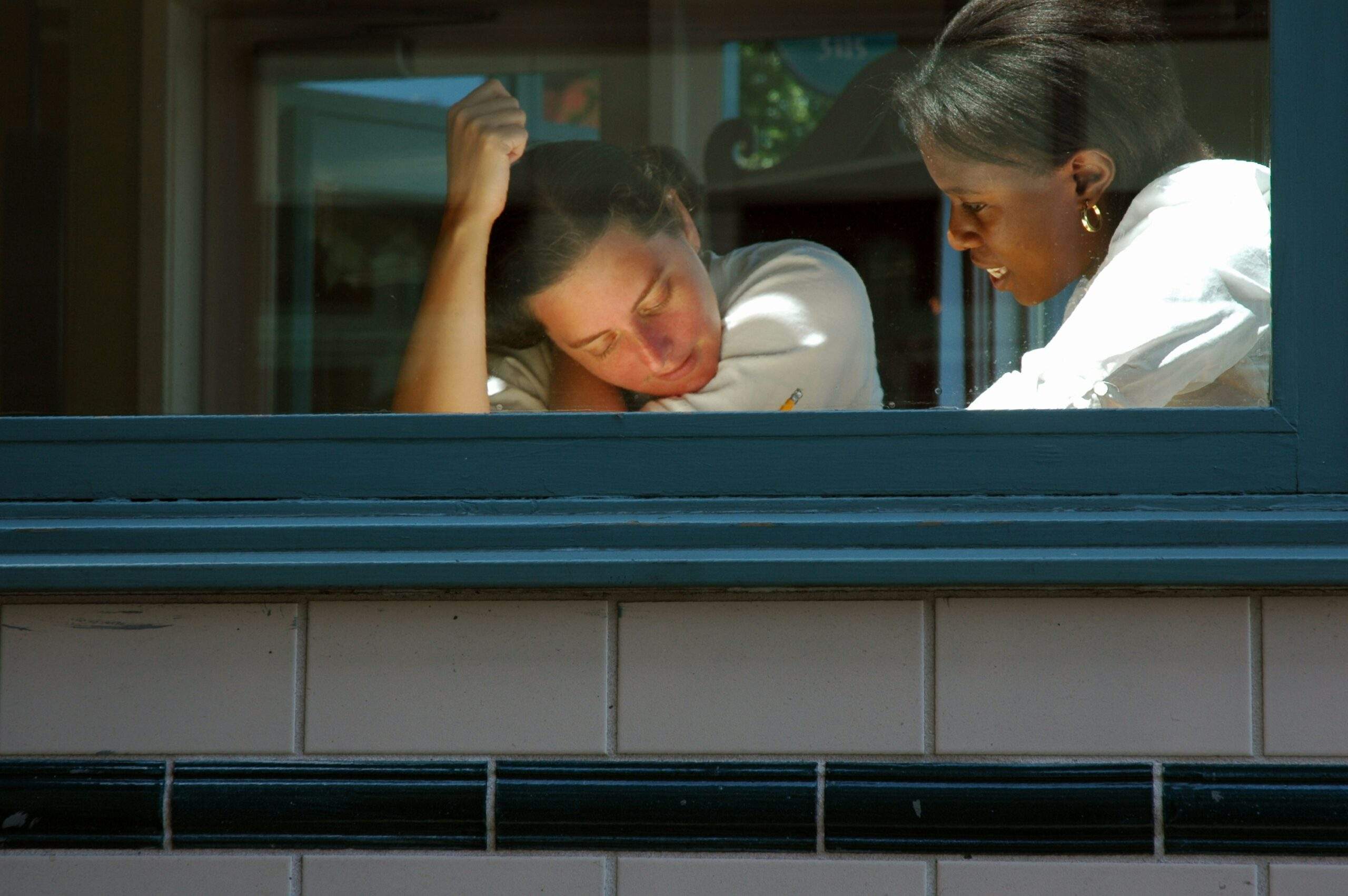1. From Tribeca to Irvington: A Family‑First Move
In 1992, Eileen Fisher traded her Tribeca loft for a suburban home in Irvington, Westchester—so her son Zack could play in a backyard. Though she rarely had time to cook, the move symbolized her priority: a family‑centered life and business. Today, Fisher oversees over 60 retail stores, distribution in 90 countries, and more than $350 million in annual revenue, all guided by her ethos of kindness and care.
2. Redefining Fashion as Clothing
Rejecting the cyclical nature of “fashion,” Fisher insists, “We’re in the clothing business.” To her, fashion implies planned obsolescence; her brand champions timeless design that transcends trends. Inspired by Japanese kimonos and her own school uniform’s simplicity, she launched her first East Village boutique in 1984 with just $350—selling sample fabrics she refused to let go to waste.
3. Core Values: Timeless Design and Ease
Fisher’s five core values—simple, sensual, beautiful, timeless, functional—plus ease, guide every collection. She incorporates contemporary trends selectively, ensuring each piece feels current yet endures for years. This timeless design approach commands a premium but attracts customers who value lasting quality over disposable style.
4. Mindfulness in Every Meeting
Meetings at Eileen Fisher begin with a one‑minute chime for silent reflection. Fisher explains that mindfulness—slowing down to consider actions and perspectives—ripples outward, fostering self‑awareness and creativity. This practice underpins the company’s collaborative decision‑making and respectful culture.
5. Cradle‑to‑Grave Sustainability
Committed to sustainable fashion, Fisher monitors each garment’s entire lifecycle. From sourcing eco‑friendly fabrics to end‑of‑life recycling, she practices cradle‑to‑grave stewardship. Stores double as community hubs where customers learn how clothing is made and cared for, reinforcing the brand’s environmental mission.
6. Green Eileen: Upcycling for Impact
Inspired by William McDonough’s “Cradle to Cradle,” the Green Eileen program collects returned garments for resale, donation, or recycling. In just eight months, sales jumped 50%, generating funds for women’s initiatives. This upcycling model demonstrates how circular fashion can drive both profit and purpose.
7. Cultivating Collaborative Culture
From its SoHo design center to the Irvington headquarters, the company’s open‑plan spaces encourage spontaneous collaboration. Glass “duck‑in” rooms and a wellness‑focused café underscore Fisher’s belief that a bit of “chaos”—balanced with clear values—breeds creativity. Employees enjoy wellness stipends for yoga, acupuncture, or massage, reflecting her holistic approach to employee well‑being.
8. Empowering Women Through Leadership
Through the Eileen Fisher Community Foundation, the brand runs a leadership institute for teenage girls, teaching confidence, storytelling, and digital publishing. By catching young women “before they’re locked into conventional roles,” Fisher advances her mission of women’s empowerment and inclusive leadership.
9. Facing Market and Environmental Challenges
Hurricane Sandy flooded the headquarters, and an aging core customer base pushes Fisher to attract younger shoppers without compromising timelessness. Meanwhile, large‑scale sustainability projects—like organic cotton in Peru and chemical‑reducing silk production in China—are chronicled via the “Ampersand” platform, appealing to value‑driven consumers.
10. Looking Ahead: Employee Ownership and the Next Generation
Approaching her 30th anniversary in fashion, Fisher is “letting go”—transferring ownership through an ESOP that already grants employees one‑third of the company. She envisions a future where the brand is fully employee‑owned and continues to inspire a new generation—just as her daughter Sasha reinvents her wardrobe in playful, unexpected ways.









